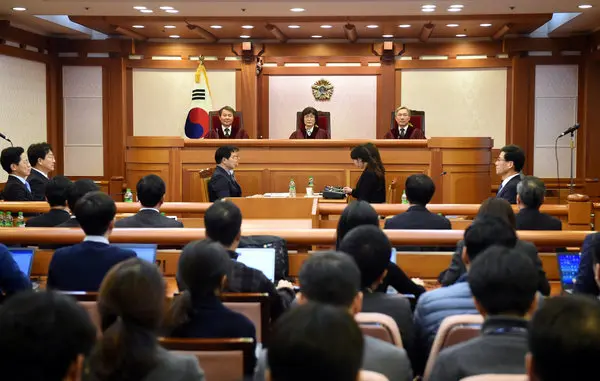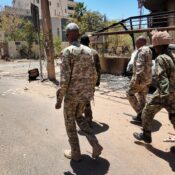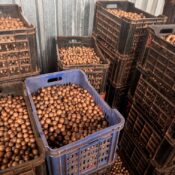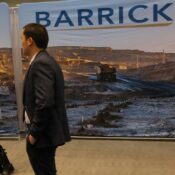
The parliament of South Korea is pushing for Yoon’s dismissal as the impeachment trial comes to a close
Parliamentary attorneys said Tuesday as the last stage of South Korean President Yoon Suk Yeol’s impeachment trial began that if he were reinstated, he may attempt to establish martial law or threaten constitutional institutions.
The Constitutional Court heard arguments and evidence from attorneys on both sides following weeks of testimony from senior current and former officials, some of whom are facing criminal charges for their involvement in the short declaration of martial law on December 3.
Kim Jin-han, a parliament lawyer, told the judges, “Declaring martial law in a situation that doesn’t fit a national emergency is a declaration of dictatorship and military rule.”
Pro-Yoon demonstrators who broke into another court in January were cited by him.
“If he returns to work, we don’t know if he will again exercise martial law,” Kim told reporters. “If he returns to work, we can’t rule out the possibility that he will attack other state and constitutional institutions.”
The former police chief and the ousted prime minister are among the three more witnesses that the Constitutional Court is scheduled to examine during a second session on Thursday.
The court is examining the impeachment of Yoon by parliament on December 14 and will determine whether to restore him or remove him from office permanently. There must be a fresh presidential election within 60 days if he is ousted.
Yoon, who declared martial law for around six hours before rescinding it in the face of legislative opposition, has maintained that he had the authority to do so as president. He said that political impasse and threats from “anti-state forces” that support North Korea also supported the action.
Arguments in his appeal before the Constitutional Court have also been made that, despite the fact that the order was made public and that police and military were sent to the legislature, he never really intended to stop parliament from functioning.
Additionally, Yoon dispatched military to the National Election Commission. He subsequently claimed that the order was required, in part, because the NEC had refused to address concerns about election hacking, a charge that election authorities denied.
Yoon is also facing separate criminal allegations of insurgency leadership from the prosecution. He was taken into custody at a correctional facility last month.
In such instance, Thursday is the day of the first preparation hearing.
A South Korean president is not immune from insurgency, one of the few criminal offenses. It is punished by death or life in prison, however no one has been put to death in South Korea in many years.
All Categories
Recent Posts
Tags
+13162306000
zoneyetu@yahoo.com



